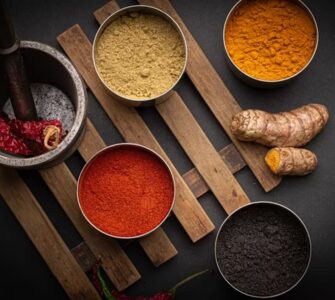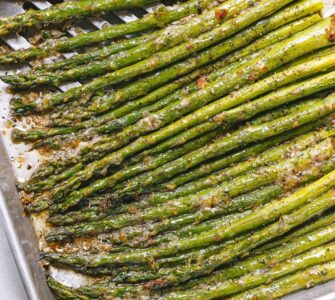Introduction to organic coffee
Organic coffee is coffee that has been grown without the use of any artificial chemicals, such as additions or pesticides and herbicides. Healthy organic coffee has existed since coffee was discovered growing wild and was first grown.
However, the history of certified organic coffee dates back to 1990. In 1990, the Organic Foods Production Act was enacted. It requires the Secretary of Agriculture to create a National List of Allowed and Prohibited Substances that identifies synthetic substances that may be used in organic production and handling operations, as well as nonsynthetic substances that cannot be used.
Producers of organic coffee
According to the Costa Rican Center for Tropical Agricultural Research and Higher Education (CATIE), Latin America produces 75% of the world’s organic coffee. In addition, Indonesia and Ethiopia, among other Asian and African countries, manufacture organic coffee. Peru was the biggest exporter of organic coffee in 2010, with over 423,000 bags shipped. Each year, Honduras and Mexico generate about 100,000 bags. Brazil, Colombia, El Salvador, and Guatemala are among the other major producers. In Latin America, organic coffee manufacturing is on the rise. Due to price rivalry, about 10% of once-organic growers had switched to conventional farming by 2010.
Factors that influence coffee being organic
Farmers discovered that they could increase production by using synthetic fertilisers, herbicides, insecticides, and fungicides, which led to the development of organic coffee certification and other food certification. There was a need to certify food as organic because there was no clear way to differentiate between products grown organically and those grown using more modern methods. When coffee is considered for organic certification, many variables are taken into account. The fertiliser used on the coffee farm, for example, must be 100 percent organic. Chicken manure, coffee pulp, bocachi, and general compost are some organic fertiliser possibilities. The crop planted cannot be certified organic if inorganic fertilisers such as synthetic nitrogen, phosphate, and potash are utilised.
Organic farming can improve the natural environment’s disease resistance. This guideline, for example, favours shade-grown coffee, which helps to preserve the environment. Other advantages of this method include reducing soil erosion and contributing to a healthy ecology. Bird populations form mutually beneficial interactions with coffee farms, taking advantage of the ecosystem while reducing pest populations and nourishing the soil naturally.
What does the law say about organic coffee?
According to the law,
- In order for coffee to be certified as organic, the soil in which it is grown must be free of prohibited substances for at least three years and must have been verified as such.
- There must be clear demarcation lines between land where organic coffee is grown and land where pesticides, herbicides, and prohibited chemical fertilisers are used. This is done to prevent contaminants from drifting from adjacent land from contaminating the organic plot.
- Organic coffee certification necessitates a detailed and verifiable plan for all practises and procedures, including planting, crop maintenance, harvest, de-husking, bagging, transport, roasting, packaging, and final transport.


















